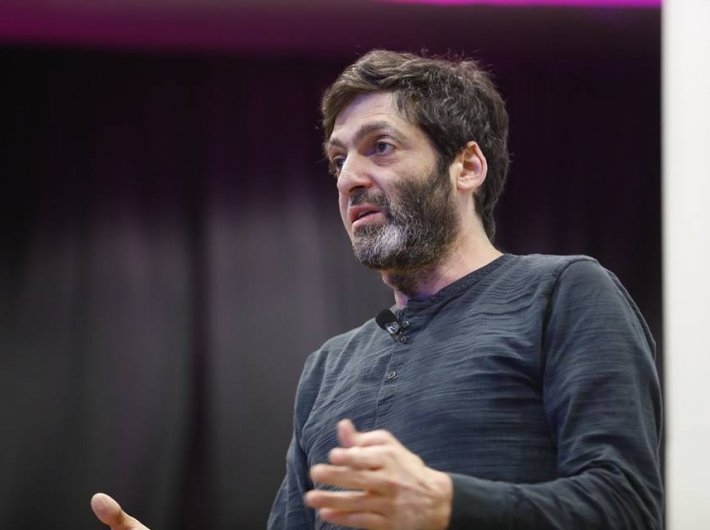Predictably Irrational
By Dan Ariely
Harper Perennial, 384 pages,
Revised edition: 2010
In this meticulously researched work, Israel-American psychologist and behavioural economist Dan Ariely [https://danariely.com/] dives into the chasm of human psyche and carefully articulates even the most trivial archetypal decisions that we consciously and unconsciously make in our lives.
The book starts off with the author describing a personal tragedy: an explosion left 70 percent of his body with third degree burns that left him immobilized. He was then subjected to an excruciating three-year period of hospitalisation and excessive dependency on nurses. The trivial yet significant observation of the methods that were used to remove burn bandages in a way that minimises the amount of misery inflicted upon the victims led the author to further his research on psychology and behavioural economics.
In each chapter, he describes the general decision making rigmarole that our psyche seems to follow and then he backs these claims with ground-breaking experiments and logic. The first part of the book concentrates on how we have a comparison bias when we evaluate, judge or make decisions. As an ambitious college student, I, unfortunately, can relate to this. An 8.5 CGPA seems trivial if it’s surrounded by a dozen 9 CGPAs. This phenomenon of viewing things relatively has been analysed and understood by the market forces. Salesmen and prominent websites prey on this psychological bias to make profits.
I have always wondered how economists arrive at accurate supply and demand statistics and about the factors that should be taken into consideration. The author does a marvellous job in explaining how psychological factors play a major role in the economic decisions made by us and why apart from external factors (price, income, etc), psychological factors should be also taken into consideration while predicting market fluctuations or any data of that sort. One of the most interesting and shocking parts of the book was the “cost of zero cost” experiment. Apparently, people would rather receive a $10 gift card for free than paying $7 for a $20 gift card. The author personally conducted this experiment at a mall in Boston. The explanation for this irrational phenomenon is conveyed coherently.
Ariely then shifts focus to some intricate and personal areas of decision-making. He addresses questions such as “Why we can’t we make ourselves do what we want to do?” and “why we overvalue what we have?” and then presents the observations of his experiments.
Throughout the book, the reader is asked perplexing questions about various decisions they make which forces them to scratch their heads, following which the rational and irrational answers (observations) are conveyed in a sound and profound manner. I felt that one of the most interesting and perspective-changing parts of the book was when the author accentuates the effects of cost on the psychological and physiological forces of our body. The knowledge of the cost of a commodity shapes our psychological perception towards it, which results in a manipulative physiological response. In an experiment he conducts, the author elegantly unravels the reason why a 50-cent Aspirin can do what a penny’s worth of Aspirin can’t.
In the last part of the book, the author attempts to undertake the courageous journey of deciphering the context of the human character. He tries to analyse the human quality of honesty. What is honesty? Why are people dishonest? What can we do about it? These are some of the questions he attempts to address. The relevance of these questions and its importance is underestimated in the financial sector. Thefts and frauds worth $600 billion are committed every year in various organisations, claims the author. Furthermore, the reader is clued in about the ever interesting and mind-boggling realm of behavioural economics. The hidden forces that shape our decisions are acutely outlined.
Overall, the book is an amalgamation of rigorous research, profound wisdom, intricate questions, ground-breaking experiments, astounding observations and a tinge of humour that only Ariely can provide. It is a must-read for anyone who is interested in human psychology and behavioural sciences.
Nadar is a student at Bennett University.
